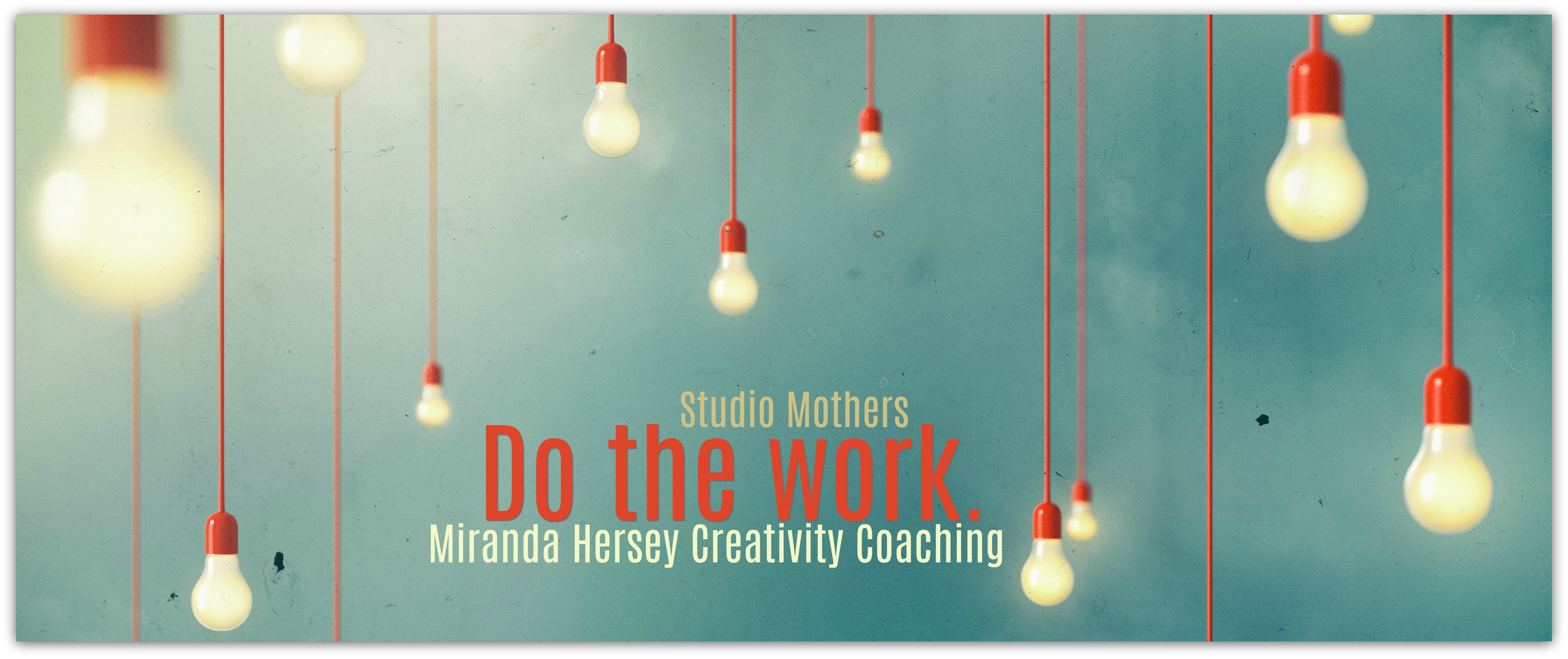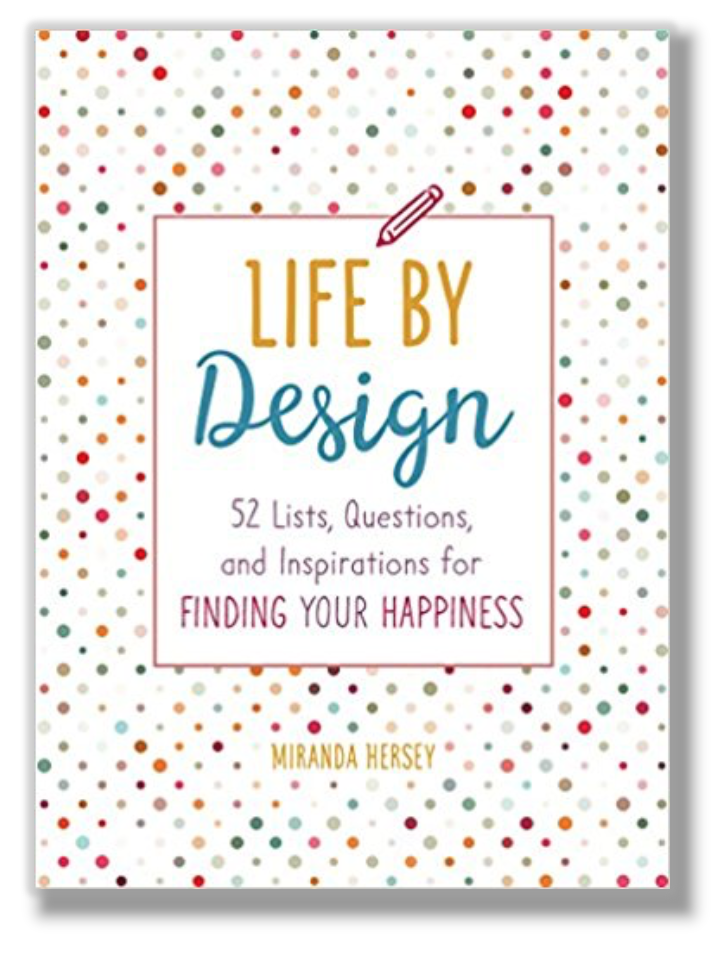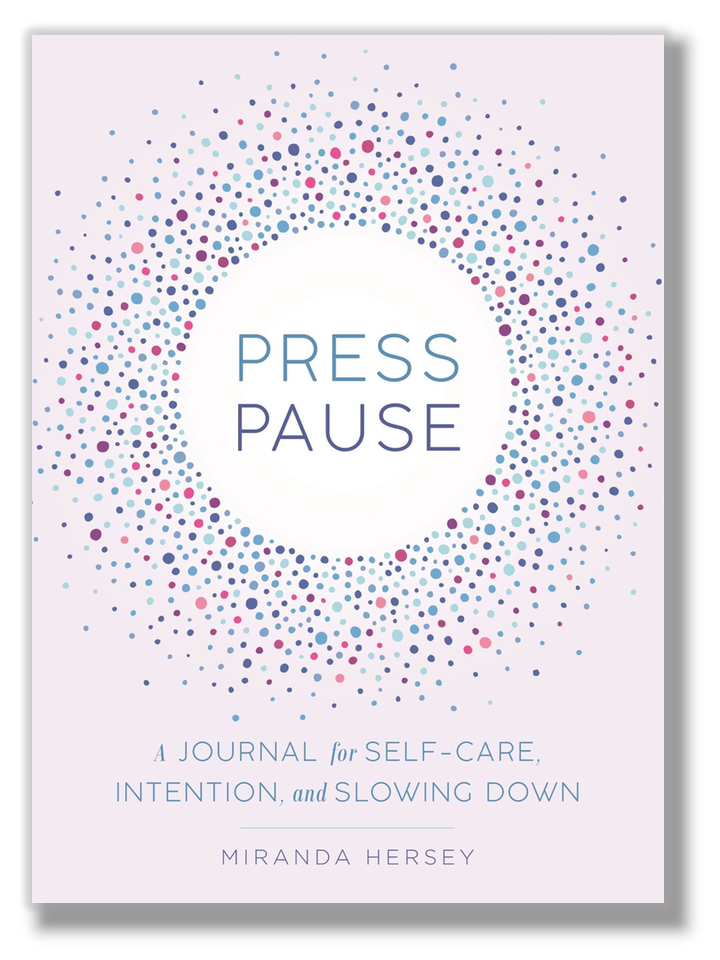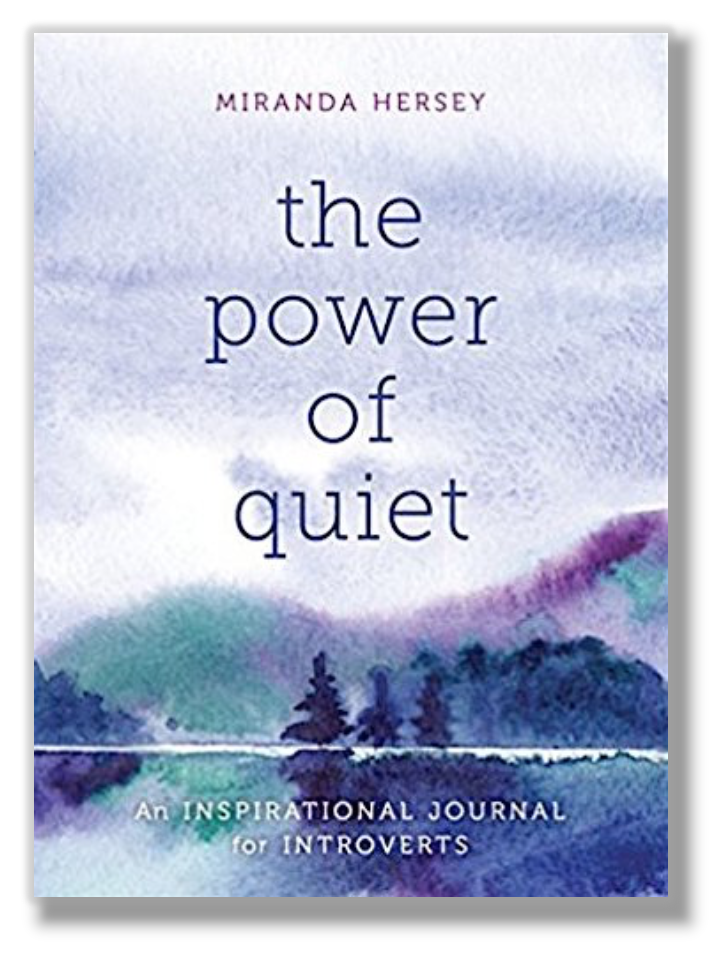Recently, on my personal blog, I wrote about my latest rejection from the world of publishing. After asking to see my full manuscript, it was rejected one hour and seven minutes after I submitted it. That stings and I’m grumpy about it. But probably not for the reasons you’d expect.
I’m not one of those writers who thinks everything I write is genius. I don’t shun editing, or even re-writing, when it’s warranted. I like to hear criticisms of my writing (though obviously accolades are more welcome) because I do see writing as a process, and something you are always learning and growing from. So when I submitted my manuscript to this publishing company, I didn’t expect them to trip over themselves in their zeal to offer me a contract. I’m a realist.
But at the same time, I didn’t expect to be rejected so summarily, or so soon. The email I received said that while the “best editor” at the house loved my concept, she just couldn’t deal with the long laundry list of rooms in the house and their flaws and that I should re-work my book with an eye toward keeping my readers’ interest. Ouch. It’s obvious to me that the editor stopped reading at somewhere in chapter 1, at which point she suggested to the publisher, who then suggested to me, that after I reworked my book, I should re-submit it to them.
I got online and whined about my bad luck on Facebook. My friends were split into two camps. There were the ones who said, “Excellent! They’re still interested in your work! Re-write it and re-submit it to them!” And there were the ones who said, “Send it to someone else. If this publisher can’t be bothered to actually read the entire manuscript, they’re big fat, giant poopie heads and don’t deserve to publish your book anyway.”
I can appreciate their reactions, and I agree with them both. But at the same time, I feel very sad. I feel sad for me, the writer, whose three-year work-in-progress isn’t getting published. I feel sad for readers, whose literary choices are controlled by publishers who expect every story to play like an episode of 24. I feel sad for publishers, who are so time and cash-strapped, they don’t have the time to read a novel and examine it through a wider lens. It seems like more and more, novels are going the way of news, where everything must be reduced to a sound bite. What happened to the novels of Jane Austen and Charles Dickens, where a reader could get lost in the lengthy descriptions of another world? What happened to our collective attention spans that we can no longer absorb large amounts of information without singing, dancing, and catchy slogans? I remember from my experiences as a teacher that there was an enormous push to make learning fun and entertaining. That’s all fine and good when it’s appropriate, but sometimes, you have to know the basics before you can make the learning fun. People seem to forget that.
I devoted six double-spaced pages of my novel to a description of Alex and Will’s tri-level. It is the central conflict of the book, the “home” in Home Improvement, the place where the vast majority of the action in the book happens, the physical manifestation of all that is going wrong between my main characters. My reader has to see it, has to be overwhelmed with the “laundry list of problems,” has to experience the house the way Alex experiences it. They have to understand why buying this house seemed like a good idea at the time. They have to understand that this is the moment of no return.
Evelyn pulled into the driveway of a large brick tri-level with gray siding and cheerful yellow shutters. It sat on an oversized corner lot where several mature oaks and maples dotted the yard. We got out of the car and wandered up the daisy-lined sidewalk to the front door. Evelyn unlocked it and we stepped inside.
From the outside, I expected warm country décor, much like what we’d seen in other houses. But the entryway walls were chalk white, and instead of bandanna-clad cows, the only decoration was a large square of geometric-patterned carpet and a light fixture made of neon squiggles.
“The owners go for those modern touches,” Evelyn observed.
If a twenty-year-old light fixture was her idea of a modern touch, I couldn’t wait to see what else she considered current décor.
“Let’s start on the first level,” Evelyn said, and led us from the entryway, down a short flight of stairs to the family room.
The first level was mostly below ground, except for two small windows that were level with the Indian Hawthorne growing in front of the house. A cookie-scented candle sat burning on the family room fireplace mantle and filled the room with the irresistible scent of baking cookies. The-butter-and-vanilla-scented room was enormous, and looked extra inviting with its large brick fireplace on the far wall. Those were the room’s good points. Unfortunately, the room was crowded with mismatched furniture, and the wood-paneled walls were covered all over in little strokes of aqua and pink paint. After a few seconds, my vision began to blur.
I wandered through a doorway to my left and into the den. A homemade desk took up most of the room and black splotches circled the ceiling. “Is that mold up there?” I asked.
Evelyn squinted at the walls while Will examined the nearest patch. “It’s just paint,” he said after poking it.
Who in their right mind thought faux-mold was a good idea?
I asked the same question when we opened the door to the laundry room. Every surface was covered in pink sponge marks, including the pipes. As I stared at the paint job, Evelyn came up behind me and said, “This sponge-painting is all the rage right now. We just did it in our dining room. It turned out really nice.”
I had my doubts.
I won’t be re-submitting my work to this particular house. And I won’t be re-working anything with so little critique to go on. Again, I’m not averse to re-working my novel, but I have to feel like the changes I make are purposeful. I had purposeful reasons for writing the scene as I did, and I need to find an editor who, at the very least, understands my intent and can support my vision. That’s all I’m really asking for. I think that’s all any novelist can ask for.
The whole publishing experience feels a lot like that poem The Blind Men and the Elephant. Everyone “sees” something differently, and everyone is wrong. I know I still have a lot to learn. The first order of business is hiring a professional editor… someone who is looking at my book for its strengths, rather than its weaknesses. Then we’ll see where I go from there.





 Caroline! Introduce yourself.
Caroline! Introduce yourself. My book came about because of a bad case of writer’s block. I had just moved to a small town without an arts community and lacking in many services. I naturally fell back on my old love and started taking Polaroid photos; then I simply wrote what I saw. It dawned on me that there are probably lots of people who need to rely on visual stimulation to get them past creative blocks.
My book came about because of a bad case of writer’s block. I had just moved to a small town without an arts community and lacking in many services. I naturally fell back on my old love and started taking Polaroid photos; then I simply wrote what I saw. It dawned on me that there are probably lots of people who need to rely on visual stimulation to get them past creative blocks. What goals do you have for your creative pursuits? How do you define your “life’s work”?
What goals do you have for your creative pursuits? How do you define your “life’s work”? Where do you do your creative work?
Where do you do your creative work? What inspires you?
What inspires you? What are you reading right now? My grandfather’s memoir for research, The French Girl by Lexie Elliot (just finished it, great beach read), The Book of Speculation by Erika Swyler (loving it), Killing Commendatore by Haruki Murakami (I love everything he writes), Hunting the Truth by Beate and Serge Klarsfeld (random find) and another random find, Little Boy by Lawrence Ferlinghetti. For anyone looking for bits of inspiration, his book of poetry is fantastic. I carry it around with me.
What are you reading right now? My grandfather’s memoir for research, The French Girl by Lexie Elliot (just finished it, great beach read), The Book of Speculation by Erika Swyler (loving it), Killing Commendatore by Haruki Murakami (I love everything he writes), Hunting the Truth by Beate and Serge Klarsfeld (random find) and another random find, Little Boy by Lawrence Ferlinghetti. For anyone looking for bits of inspiration, his book of poetry is fantastic. I carry it around with me.

 An article in this morning’s
An article in this morning’s 















